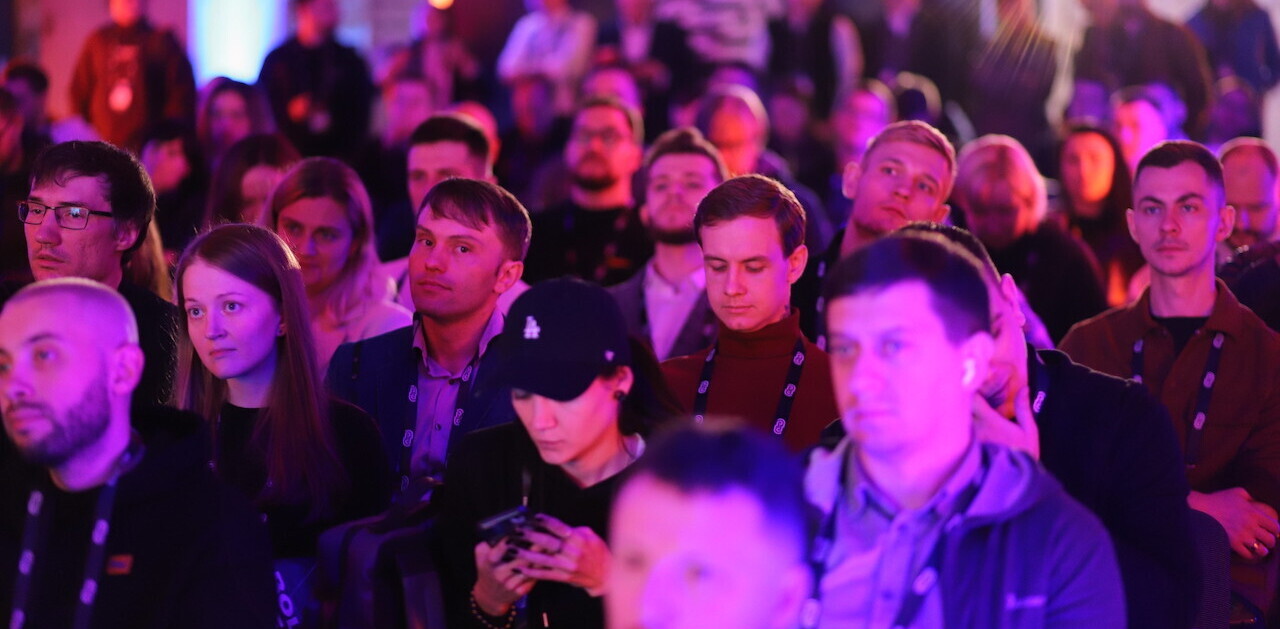
For the entrepreneurs looking to go global, international press and press in foreign local markets can help give your business the boost it needs to capture market share. As part of your international expansion plan, you’ll want to try to capture some media attention to generate some awareness and legitimacy in the new markets you are targeting.
The media has always been a useful avenue for exposure so you would be wise to find ways to leverage their influence to help you in targeting your new international markets.
Having local angles
If you have family roots, attended a local university or even lived in or worked there for some time, you have some leverage in contacting the media because you’re not just some savvy business guy in a suit trying to take their citizens’ money, but you are sort of, one of them. Also, if you happen to do manufacturing there, have built a new office, hired local employees, or have opened a new store locally, you’re supporting their economy rather than just greedily importing. Also, new store openings are always newsworthy, especially if you have an exciting product to offer and maybe a fun, sexy or unique ambiance to your store design.
Example: Estonian startup Fits.me did a great job here when they shared their story about their first initiative with their virtual mannequin with UK shop Hawes & Curtis which got on BBC.
Making visits to local markets and opening pop-up shops

Pop-up shops are always fun and exciting for the media because it’s a limited offering that’s newsworthy because it’s something that’s ‘hot-and-happening’ right now and usually, they are done in areas where the product wasn’t normally available before or where the brand wasn’t well known enough. So, if you create a pop-up shop, you’ll be giving something new to that local community.
Example: European startup Podio made a splash in the tech press by opening a pop-up store in San Francisco to coincide with its launch.
Participating in local events / meet-ups / conferences
Develop a local presence by being present! Show your business has a face by attending all the big conferences and events, and maybe a local meet-up or two if you’re in the area. Don’t hide behind your email. You’ll also get the prime opportunity to network with some of the local influentials, maybe even journalists.
Example: Entrepreneurs in Europe do it all the time. You can see more if this at the next The Next Web conference happening later this month.
Supporting charities and relief efforts
If you’re taking part in selfless initiatives, the media will take note. They’ve got a soft side for businesses doing more than just serving themselves, so if you can support any charities with some donations of time and resources, you’re showing that you are a business that cares about others and not just about money. The media loves to add character to businesses when they highlight the supportive, not-for-profit, efforts businesses partake in. While giving to charities and aiding in relief efforts isn’t about, and shouldn’t be about, getting press, it can be a useful byproduct of your support.
Example: The Japanese car maker, Nissan, worked to support the Japanese relief effort through its Sunderland office in the UK. BBC took note.
Having news that’s generally useful for everyone regardless of geographic location
If your product is revolutionary, has no geographical boundaries and is available everywhere, then there’s no reason for the media to worry about your business not being local. If you did something that affected everyone in the industry you work in, that has an impact on local markets and certainly can create some buzz. Make sure that you’re doing something relevant and impactful that’s worth talking about.
Example: Australian e-tailer, Shoes of Prey made international news when they talked about how a 16-year-old video blogger on YouTube caused their biggest day in sales and brought in tremendous traffic marketers only dream of. Here’s co-founder Michael Fox‘s blog post on which outlets covered the story.
Get the TNW newsletter
Get the most important tech news in your inbox each week.




